
Foods Diabetics Should Probably Stay Away From
The World Health Organization reports that 422 million people worldwide suffer from diabetes. Although there are treatments available to assist individuals with this persistent ailment, medication alone is unable to halt its progression and further deterioration. Consequently, individuals with diabetes must make significant modifications to their diet in order to sustain optimal levels of insulin in the body. However, what is their dietary intake? The requirements are stringent, and even seemingly nutritious food and beverages can have adverse effects on their well-being. Continue reading to discover ways to improve your nutrition and promote better health.
Diet Soda
When presented with the option of ordinary soda or diet soda, diabetics are very likely to opt for diet soda. However, it is important to note that all options have disadvantages. For individuals with diabetes who aim to regulate their insulin levels effectively, it is advisable to abstain from consuming soda. According to the American Diabetes Association, individuals who consumed diet drinks had a 67% higher likelihood of developing type 2 diabetes.
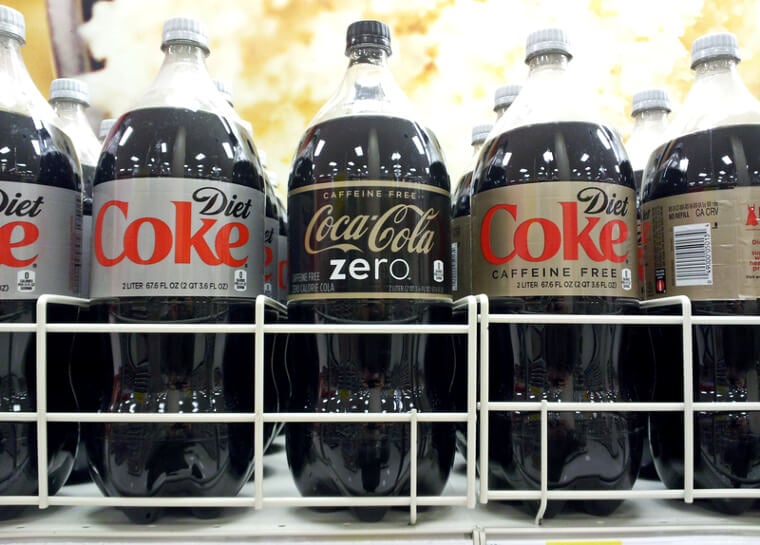
In addition, research has revealed that use of diet soda can elevate the likelihood of developing diabetic retinopathy, a condition that can potentially lead to vision loss in individuals already diagnosed with diabetes.
Artificial Sweeteners
Individuals with diabetes typically advertise their food options as having reduced sugar or calorie content, despite their varying appearance and composition. People with diabetes have extensively promoted artificial sweeteners as a suitable alternative to real sugar. However, if you have diabetes and frequently add artificial sweeteners to your coffee, we regret to inform you that certain types of artificial sweeteners can still impact your insulin levels.
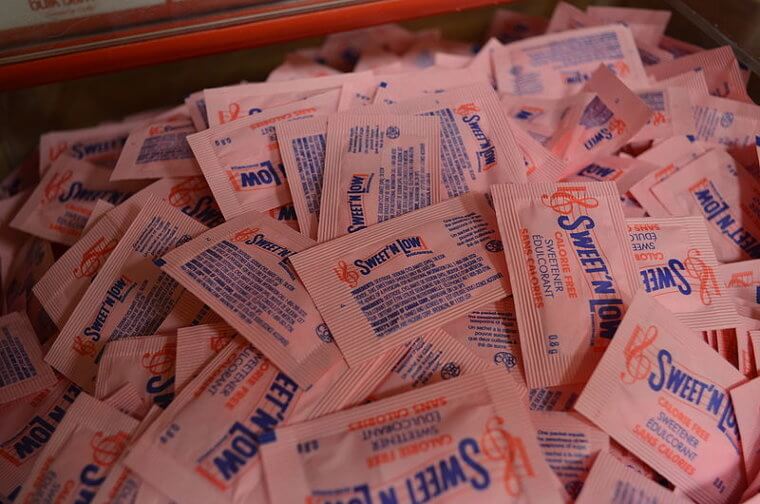
However, this classification only includes specific artificial sweeteners. Researchers have determined that popular options Tagatose and Stevia, which do not affect blood glucose levels, are safe for those with diabetes.
Low-Fat Milk
Amidst the abundance of low-fat, full-fat, and plant-based milk options, individuals with diabetes may find it challenging to determine the most suitable choice for consumption. Previously, experts advised individuals with diabetes to consume low-fat milk. However, a recent study has revealed that low-fat milk may not be the optimal choice for diabetics. This is because low-fat milks substitute the fat content with additional sugar, which may have negative effects on people with diabetes.
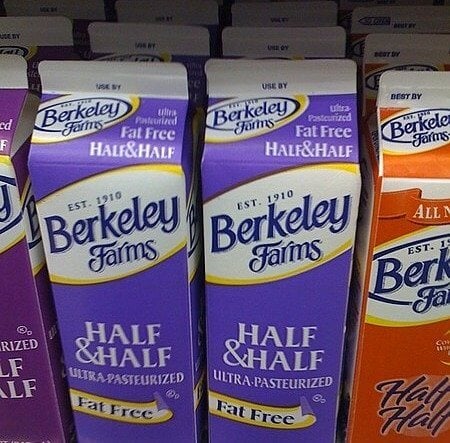
Therefore, experts recommend that individuals with diabetes opt for full-fat milk rather than low-fat milk. Specifically, a Swedish study found that a diet high in dairy products could potentially reduce the risk of developing diabetes.
Flavored Yogurt
While many individuals like beginning their day with a serving of yogurt and granola, it is important for individuals with diabetes to exercise caution while selecting yogurt from the supermarket. Although consuming plain, unsweetened yogurt is completely safe and beneficial for individuals with diabetes, flavored dairy products that are enhanced with additional ingredients can cause sudden increases in the glycemic index. This is especially true when you garnish the flavored yogurts with high-sugar additions like fruit and syrup.
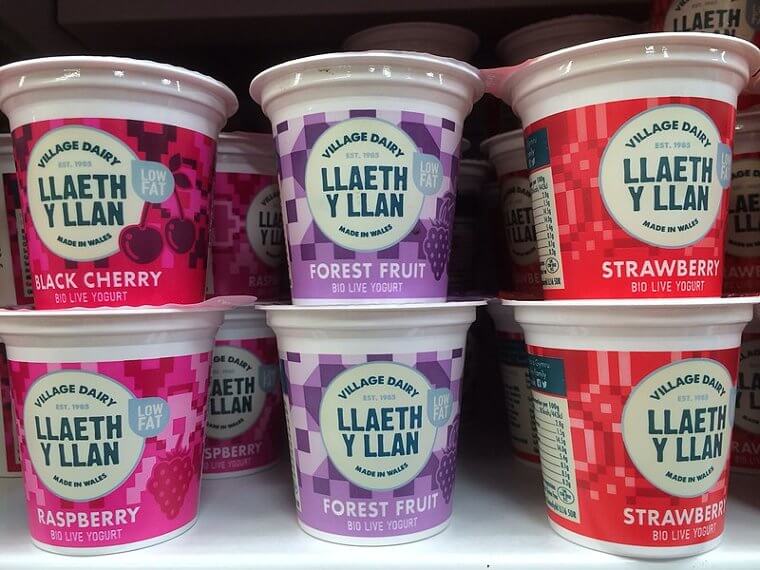
As a result, individuals with diabetes should prioritize preparing their own delectable yogurt in the morning. To regulate insulin levels, you can add almonds and nutritious granola toppings to unsweetened yogurt.
Canned Fruits and Vegetables
In a society where fruit and vegetable accessibility and affordability are limited, canned fruits and vegetables provide a convenient and economical alternative. Previously, canned healthy foods were thought to be equally nutritious as fresh fruits and vegetables. However, recent studies have revealed several drawbacks associated with canned healthy items. This is due to the common practice of coating canned food products with sugar and salt to prolong their shelf life.
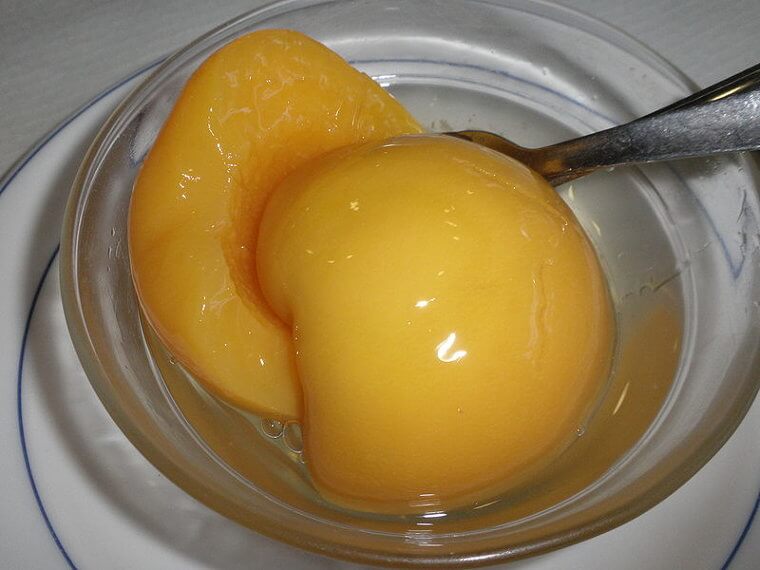
Undoubtedly, incorporating any form of harmful preservative into a can will not be beneficial for an individual with diabetes. This is especially true when the can contains harmful bisphenol A (BPA), which can lead to a rise in the prevalence of type 2 diabetes.
Coffee
The majority of individuals are unable to commence their day without a newly brewed cup of coffee. Regardless of your choice between a thin latte, cappuccino, espresso, or matcha latte, it is important for diabetics to exercise caution when consuming coffee. While coffee use itself may not directly raise the risk of developing diabetes, the presence of caffeine can potentially disrupt and elevate blood sugar levels, occasionally by up to 8%. Undoubtedly, this is precisely the undesirable outcome.

Unquestionably, incorporating cream and syrups into coffee inevitably increases its sugar level. Consequently, those with diabetes who desire to consume coffee should make an effort to opt for decaffeinated black coffee whenever feasible.
Dried Fruit
Dried fruit is a suitable choice for the average individual. This fruit is typically smaller and more palatable for individuals who dislike the flavor of fresh fruit. Additionally, it has a significantly longer shelf life. However, we must stress that individuals with diabetes should not incorporate dried fruit into their diet. This is due to the fact that dried fruit contains a greater amount of sugar.

In addition, a majority of individuals consume a greater quantity of dried fruit compared to fresh fruit, resulting in an increased intake of sugar into their circulatory system. Therefore, it is advisable to adhere to fresh items wherever possible.
High-Salt Cheese
When considering meal options for individuals with diabetes, cheese poses a challenge. Researchers have discovered that some cheeses can lower the risk of developing type 2 diabetes. Conversely, cheese contains a significant amount of salt that can exacerbate your diabetes condition. Therefore, it is advisable to adhere to a stringent approach regarding your consumption of cheese and choose low-sodium alternatives if you have diabetes.

For instance, it is advisable to replace feta with a less salty alternative like mozzarella. It is advisable to familiarize oneself with different types of cheeses, as certain cheeses contain higher levels of nutrients compared to others.




